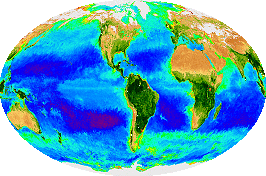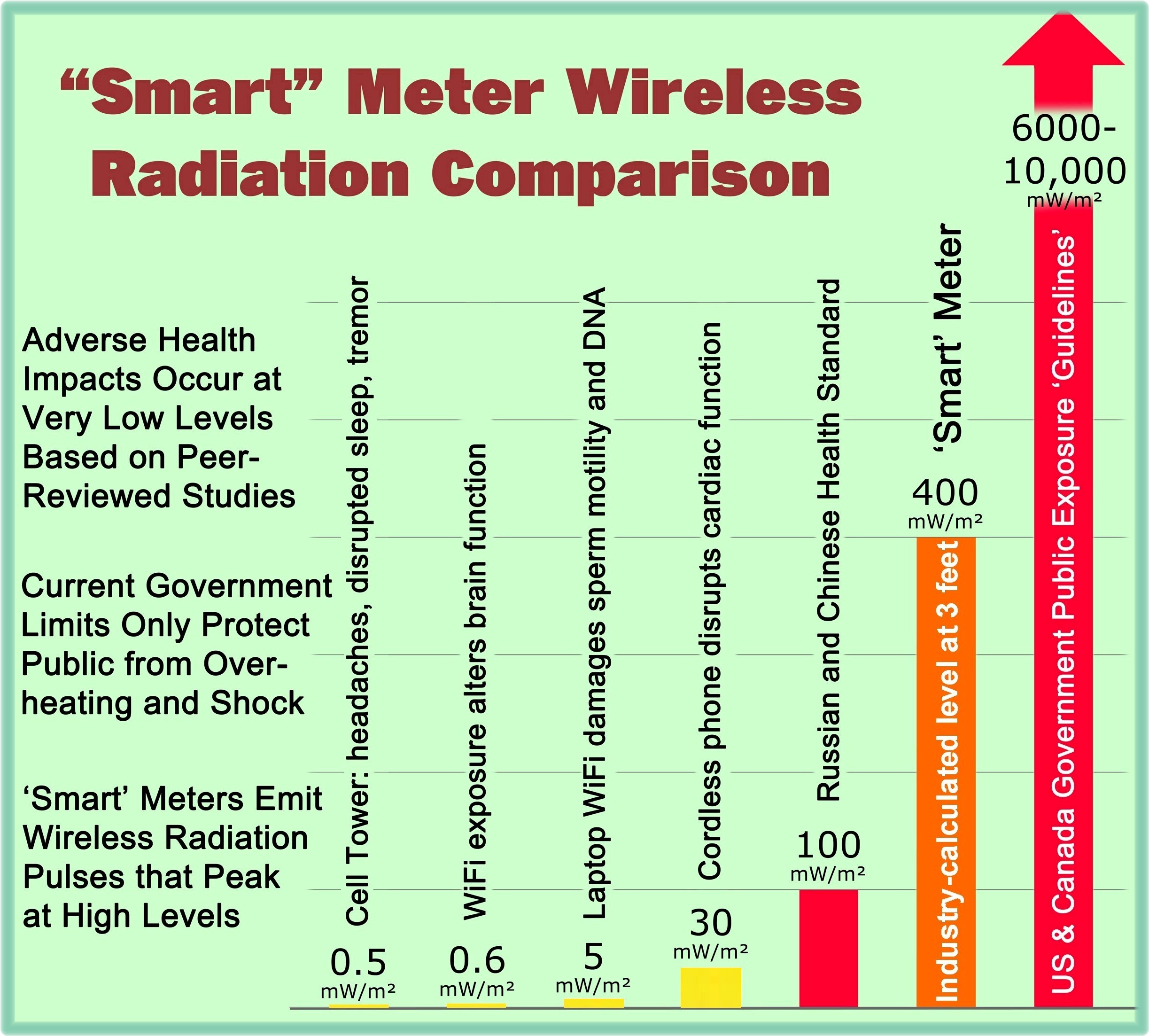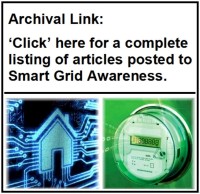 For some smart grid advocates, wireless smart meters are an integral part of implementing a “green agenda,” an agenda where advocates selectively “tune-out” or ignore mounting evidence that wireless emissions from smart grid-related devices can have adverse effects upon our biosphere and related ecosystems.
For some smart grid advocates, wireless smart meters are an integral part of implementing a “green agenda,” an agenda where advocates selectively “tune-out” or ignore mounting evidence that wireless emissions from smart grid-related devices can have adverse effects upon our biosphere and related ecosystems.
For those desiring to learn more about RF radiation effects upon our biosphere, a good starting point is a recently published article in Biology and Medicine, Vol. 4, No. 4 (2012), October-December, Published: 7th Jan 2013, entitled, “Impacts of Radio-Frequency Electromagnetic Field (RF-EMF) from Cell Phone Towers and Wireless Devices on Biosystem and Ecosystem – a Review.” This is an “open-access” article available at the following link:
http://biolmedonline.com/Articles/Vol4_4_2012/Vol4_4_202-216_BM-8.pdf.
Although the published article can use some fairly technical terms at times, it generally provides an easily readable overview of the collective evidence that supports the viewpoint that, based upon currently available literature, it is justified to conclude that man-made RF-EMF radiation emissions are causing adverse health effects among all types of living things including, humans, frogs, honey bees, birds, bats, trees, cows, and other wildlife. In addition, although the article originates from India, it still gives a comprehensive review of the subject matter from a world-wide perspective.
At one point in the article, it states that the Indian “Ministry of Environment and Forest (MOEF) set up an Inter-Ministerial Committee (IMC) to study the effects of RF-EMF radiations on wildlife [see figure] and concluded that out of the 919 research papers collected on birds, bees, plants, other animals, and humans, 593 showed impacts, 180 showed no impacts, and 196 were inconclusive studies.”

Once a person studies the collective evidence that man-made RF emissions are having significant if not potentially catastrophic adverse effects upon our environment, it hard to understand how further saturation of our environment by RF emissions from smart grid-related components could be viewed as supportive of a “green agenda.” It is this sort of information that leads one to conclude that the implementation of the smart grid is actually supportive of unrelated political or corporate profit “agendas” rather than attempting to address true environmental issues.





